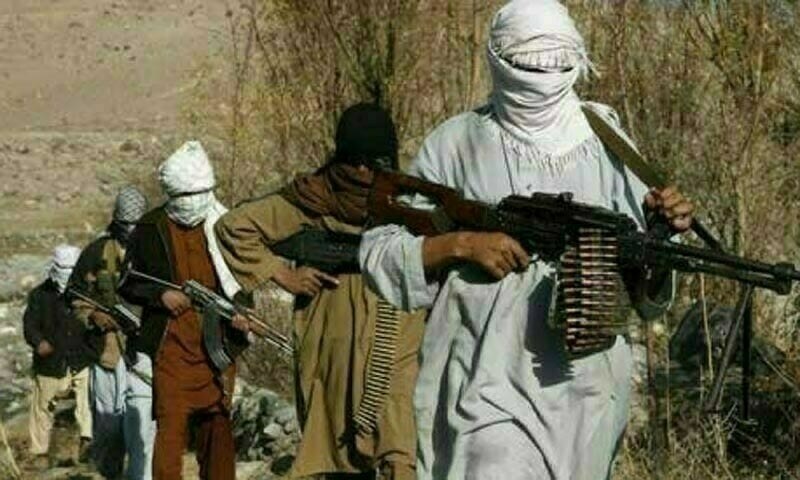EDITORIAL: Speaking at a recent event in Islamabad on a range of critical issues, including national security imperatives, Army Chief Field Marshal Syed Asim Munir described India as the region’s biggest state sponsor of terrorism. His remarks echo similar observations by the military’s media wing, the Inter-Services Public Relations (ISPR), which recently accused Indian intelligence agencies of orchestrating attacks inside Pakistan through proxies — namely Baloch insurgent groups and Tehreek-e-Taliban Pakistan (TTP) terrorists.
The ISPR’s assertions, grounded in the security realities, have been supported with material evidence, including communications intercepts and testimonies from arrested militants, exposing their links to India in attacks carried out inside Pakistan.
Just this past March, the so-called Baloch Liberation Army (BLA) hijacked the Jaffar Express, en route from Quetta to Peshawar, taking nearly 300 passengers hostage. The incident tragically resulted in the deaths of at least 31 individuals and injuries to many more. In parallel, there has been a noticeable uptick in TTP attacks.
Only last Saturday, 13 soldiers embraced martyrdom, and dozens of other people were wounded in a suicide bombing in North Waziristan. While India denies involvement in any of these acts of terrorism, it is worth recalling that the country’s National Security Advisor Ajit Doval had, some time ago, publicly articulated his “offensive defence strategy” — a doctrine that explicitly aims to destabilise Pakistan.
A living proof of that policy is a serving Indian naval officer and a RAW operative Kulbhushan Jadhav, arrested in 2016 in Balochistan. His arrest and subsequent confession speak of a broader, covert campaign to foment unrest in Pakistan.
Despite this and a lot more evidence, the far-right Hindu nationalist government of Prime Minister Narendra Modi has continued to use such covert networks to undermine Pakistan’s internal peace and stability. The cost has been immense — both in terms of human lives lost and infrastructure damaged.
Meanwhile, India has intensified efforts to portray Pakistan as a sponsor of cross-border terrorism, particularly in the wake of the April 22 Pahalgam attack in Illegally Indian Occupied Jammu and Kashmir.
However, these attempts have largely failed to sway the international community. In a significant diplomatic development, Pakistan was recently elected Vice Chair of the United Nations Counter-Terrorism Committee — a 15-member body of the UN Security Council — and also assumed the Chair of the UNSC Sanctions Committee overseeing sanctions measures against the Afghan Taliban.
Further diplomatic vindication came at the Shanghai Cooperation Organisation (SCO) defence ministers’ meeting in Qingdao, China, where member states declined to include the Pahalgam incident in the joint communiqué, but referenced terrorist incidents in Balochistan — much to India’s dismay which refused to sign it.
It is imperative for the Indian government to realise that managing international perceptions alone will not yield lasting dividends. Genuine peace and stability in South Asia demand resolution of the long-standing disputes, especially the Kashmir issue. Only through dialogue and mutual recognition of concerns can bring durable peace in the region and beyond.
Copyright Business Recorder, 2025
